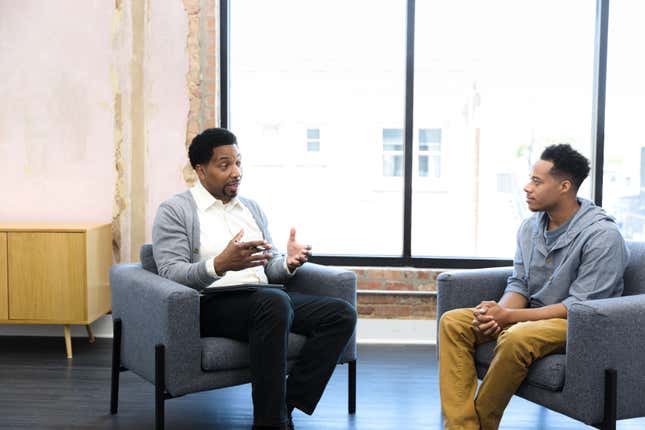
There’s no denying the importance of mental health care. Black public figures — including Megan Thee Stallion — have repeatedly raised crucial awareness around mental health. But what happens when the things keeping you up at night are entirely outside of your control?
A new three-part series from the Lancet Psychiatry Journal on the impact of racism on mental health explores what society and mental health professionals need to do better if we’re actually going to tackle mental health issues in the Black community. Spoiler alert: it’s not all in our heads.
The researchers note that racism has to be “addressed directly” if we’re going to eradicate racial inequities in health, including mental health. “Empirical evidence shows that education, housing, income, access to and quality of health care, and environmental and psychosocial stressors are all inextricably linked to systems of racism,” they wrote.
Lancet researchers also tackled issues within the mental health care space — namely that it’s not set up for Black people.
“The definitions and frames of mental health and mental illness, and our processes and prescriptions for diagnosing, treating, and maintaining wellness have all been grounded in Whiteness and myths of White supremacy,” wrote researchers.
For anyone who has tried desperately to find a mental health care professional who actually understands them (been there), none of this is new information. But the series does provide concrete steps — outside of just “eliminating” racism — that they say can make the system better for Black folks.
Black representation in the mental health and social science field is key, argues researchers. They argue that Black Americans need to have a seat at the table when it comes to guiding mental health treatment for their community. Another key recommendation was to not dismiss Black cultural practices around mental health, such as community care.
While this research won’t change anything overnight, we can certainly get behind the notion that we should value what Black people have to say about mental health and support those efforts.

